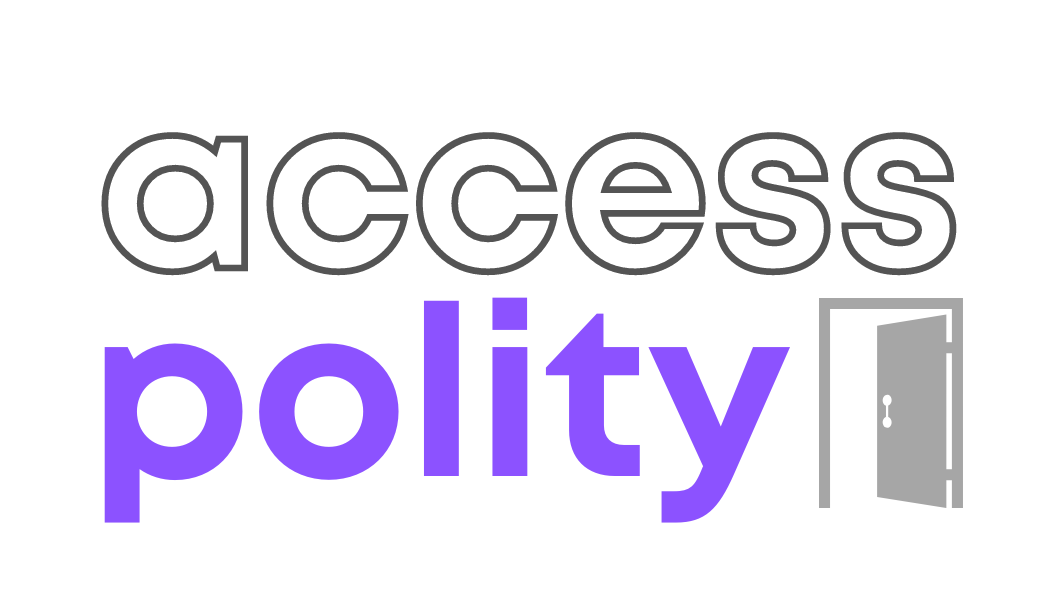Education, Politics, and choice
In our last blog, we elaborated how education, even though imperative, is largely a catalyst in politics and not necessarily a prerequisite requirement. Having expertise in the space allows an individual to explore newer horizons, build on the political muscle and eventually find a calling within the space.
It is also entirely possible that one is more intrigued by a variety of subjects within politics. A number of subjects may drive you to introspect into different issues. You can be interested in why gender mainstreaming in India is not effective and the parliamentary politics behind it. Or, you may wonder how Ukraine going to war with Russia will affect the prices of oil globally? Similarly, you can also wonder why panchayats have such low representation of women (tag). Otherwise, you can not think of anything right now and go back to reflect on how relevant John Locke’s theory of Social Contract is relevant these days. Now each one of these areas is equally relevant and makes you think about politics in its own unique ways and today this quick guide will be helpful in helping you identify which area of politics interests you.
Top educational degrees that will help you in politics:
- Political Science-The study of how politics operate is known as political science. You will research several political ideologies and systems as a political science major, such as democracy, socialism, communism, anarchist, and totalitarianism. Your classes will examine how these various systems’ governments operate as well as how laws are made and maintained within them. You will gain knowledge of the national political philosophy and compare and assess the efficacy of political systems that are different from our own.
- Public Administration- Are you interested in working for a regional, national, or state regulatory organisation like the NITI Aayog or other commissions headed by the government? If so, you may begin by earning a degree in public administration. You will study a range of subjects as a public administration major, including economics, communications, public finance, budgeting, business and government law, administration, human resources, and ethics. Your curriculum will assist you with gaining the leadership, organisational, communication, and decision-making abilities required for employment in government.
- Public Policy-You may get the skills and knowledge necessary to comprehend how public policy is created, how it is carried out, and how it impacts individuals and society by majoring in public policy. This major combines economics and political science, teaching you how political decisions are made and how resources are distributed. In order for individuals in charge of creating public policy to make wise judgments, add to that knowledge of mathematics and data collecting. In order to comprehend anything qualitatively, you’ll also study sociology, law, philosophy, and ethics courses. You must present your results to stakeholders as part of your major, thus developing communication skills is crucial.
- International Relations- The study of ties between nations and governments throughout the world is known as international relations. Economics, history, geography, philosophy, sociology, psychology, and political science are all used in this multidisciplinary major. To give you a complete view, some programmes also offer lessons in anthropology, international law, and religion. These fields will lay the groundwork for a thorough comprehension of contemporary issues in international affairs, such as pandemics, global warming, human rights, terrorism, arms control, trade regulations, and immigration.
Essentially the idea is to enhance and build your political awareness. This list is by no means exhaustive as politics as a subject is all-permeating and significantly displays how individuals are constantly negotiating with institutional bodies in their own capacity.
Pathways to Politics
Now to enter politics the space can be invariably used and improved upon. Remember that since the world is ever-changing, the pathways which lead to a political career is also diverse and unique in their own ways. We provide a flow that can help you sort some degree of understanding when it comes to comprehending which route will be a perfect fit
What is interesting however is how you are able to relate your experiences when you study a course. It must be kept in mind that studying a course alone will not be effective as it will only limit your understanding of a classroom. Try things like:
- Find incubators who assist you to network- We encourage you to apply for our newsletter as we aim to build a community who are politically conscious and feminist leaders. We desire to have hands-on work from volunteers and give them a glimpse into elections and campaigning closely. Apart from that, you can always follow spaces like YLAC, Dasra, Jaanagraha, PPI ()
- Representing the student body- This is also a form of politics that can be an effective tool in understanding day-to-day activities which impact the lives of the people. It will give you the opportunity to connect and understand local grievances and also understand a lot about administrations and regulations which will be helpful in the long run if you wish to contest elections
- Writing academic papers- Politics is not simply limited to activism but also imbibes a sense of critical thinking.If you are someone who is strong with written communication and can simplify complex ideas then academics is a very important part. It encourages individuals to not only foster a sense of curiosity but also reflect on the works of people who have contributed in similar lines of interest.
- Volunteering with political parties- (plugin toolkit), government incubated spaces like anganwadi hubs, village panchayats, municipal bodies and gram sabha meetings. Taking up roles of documentation and recording flow of events. Also encouraging if they know someone who participated in these spaces regularly- to record their initiatives digitally through social media, opening a facebook page, twitter pages.




